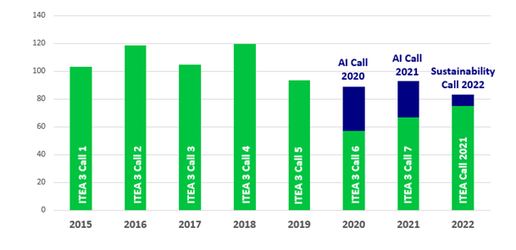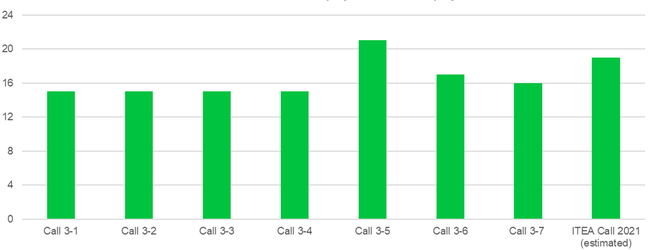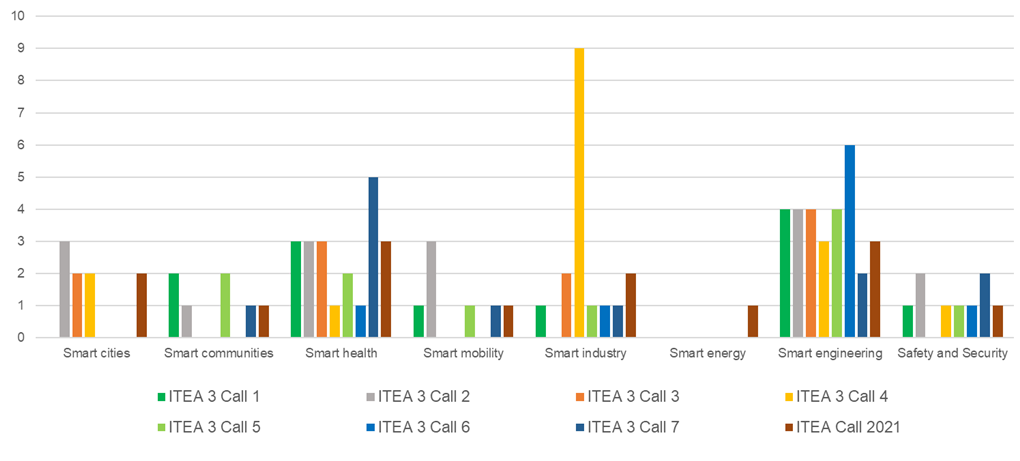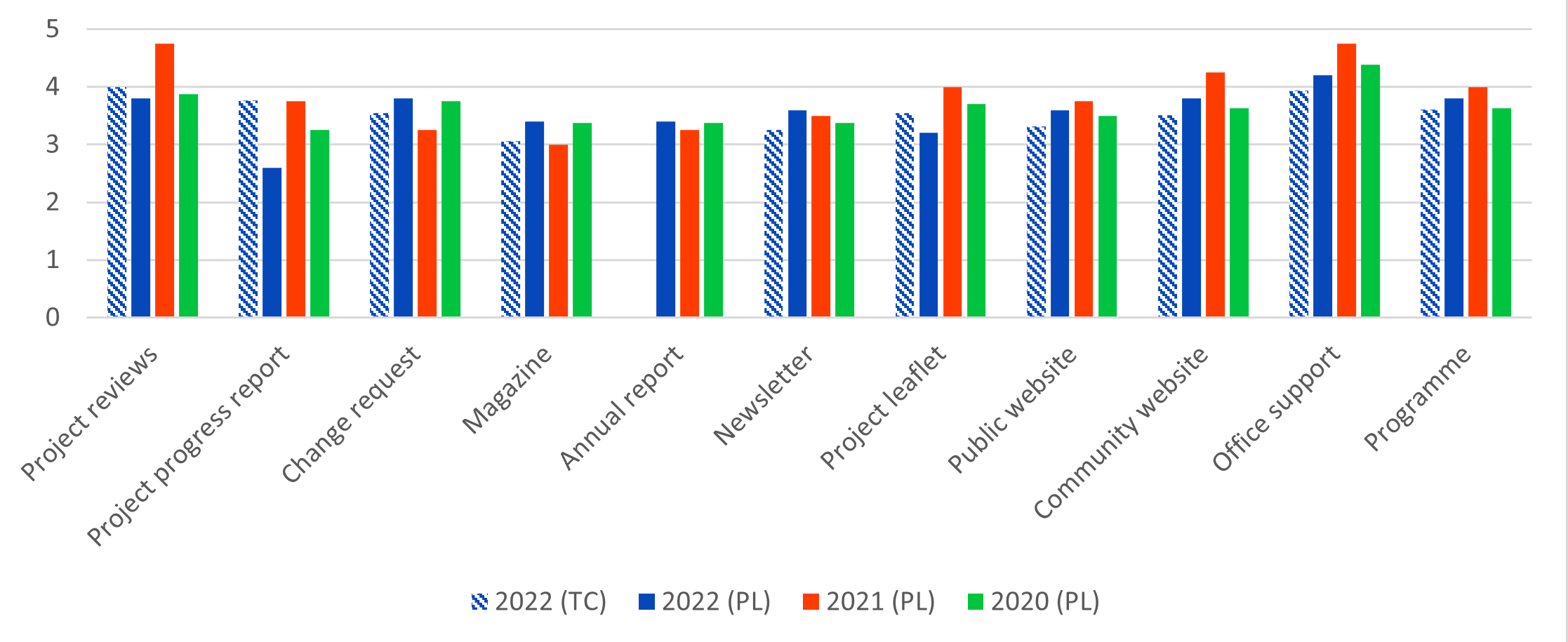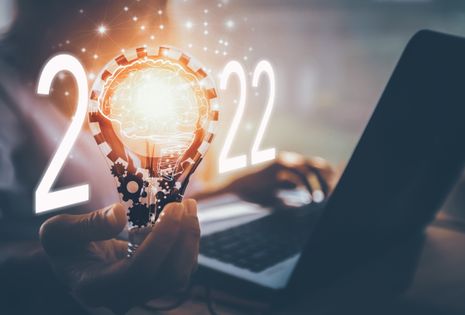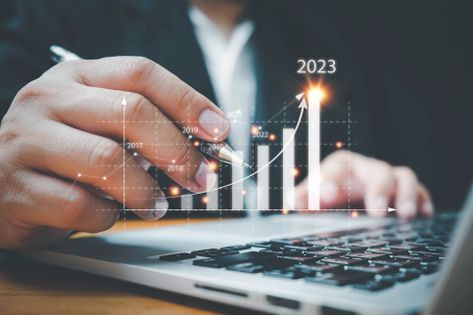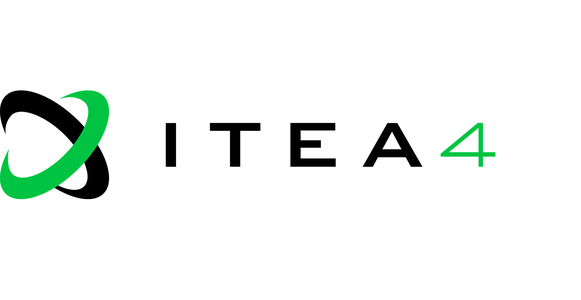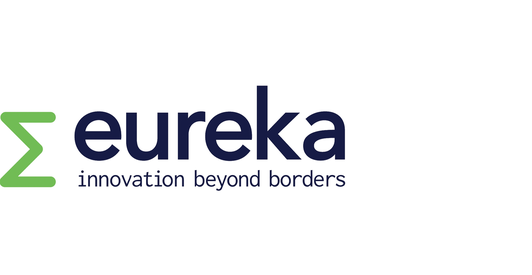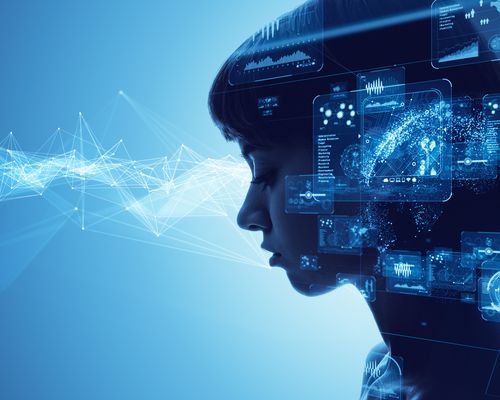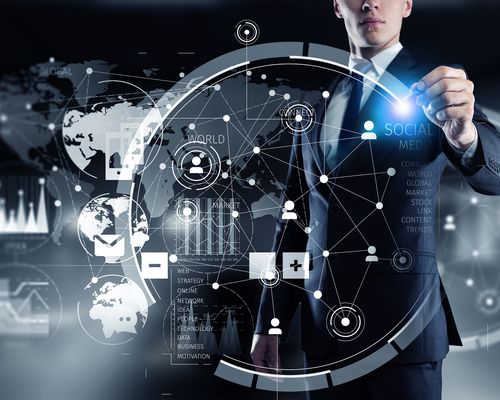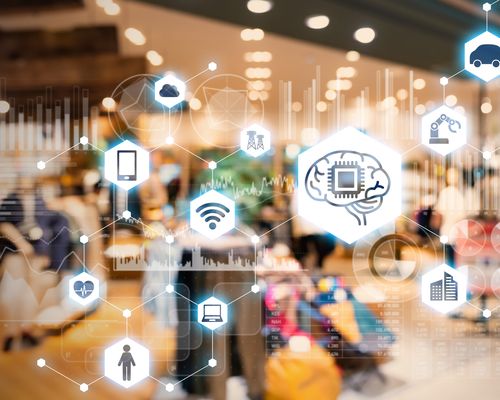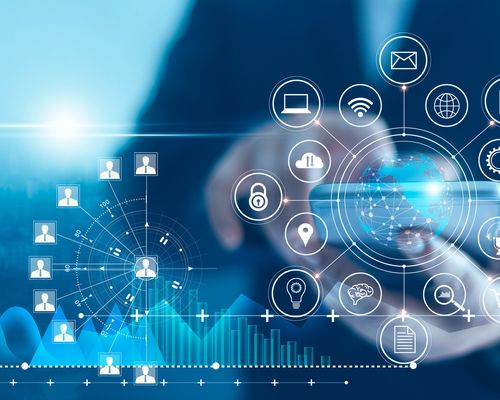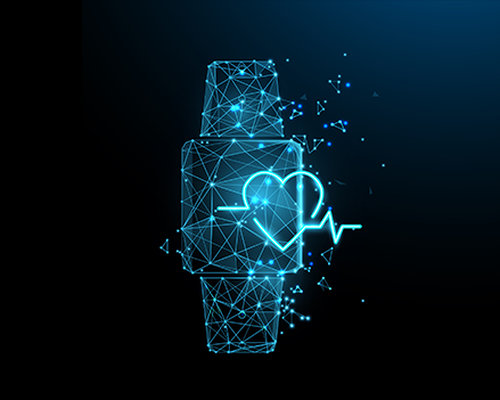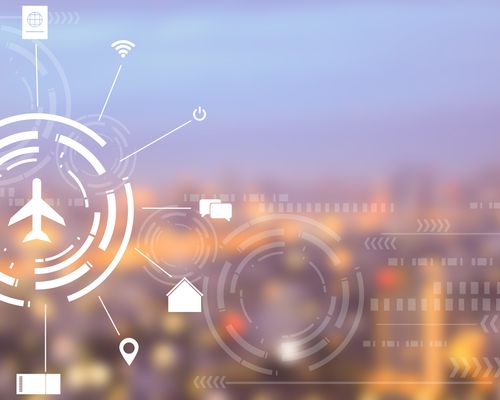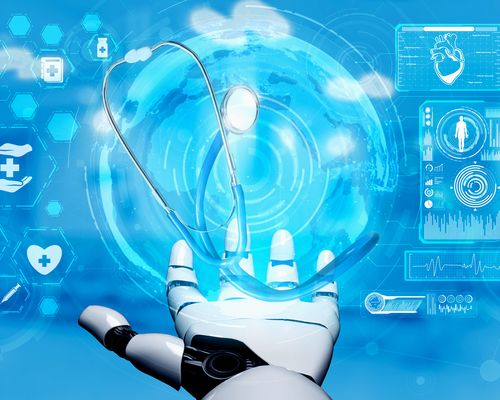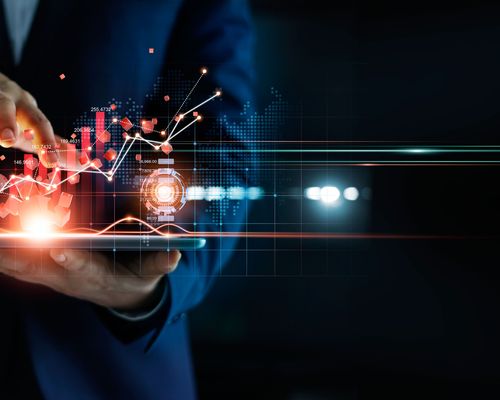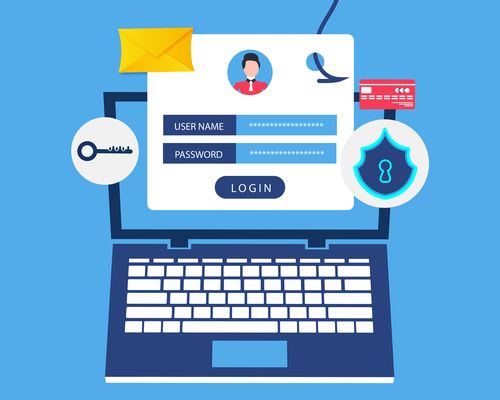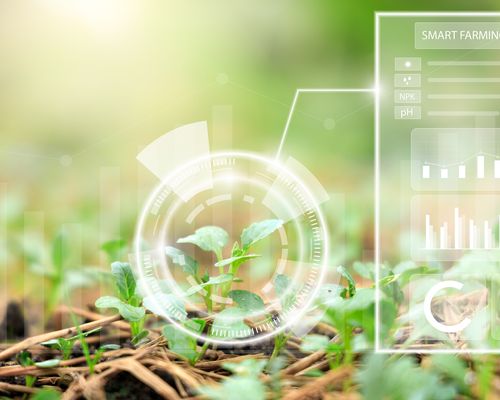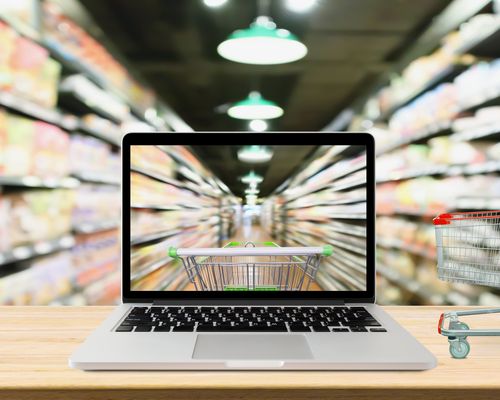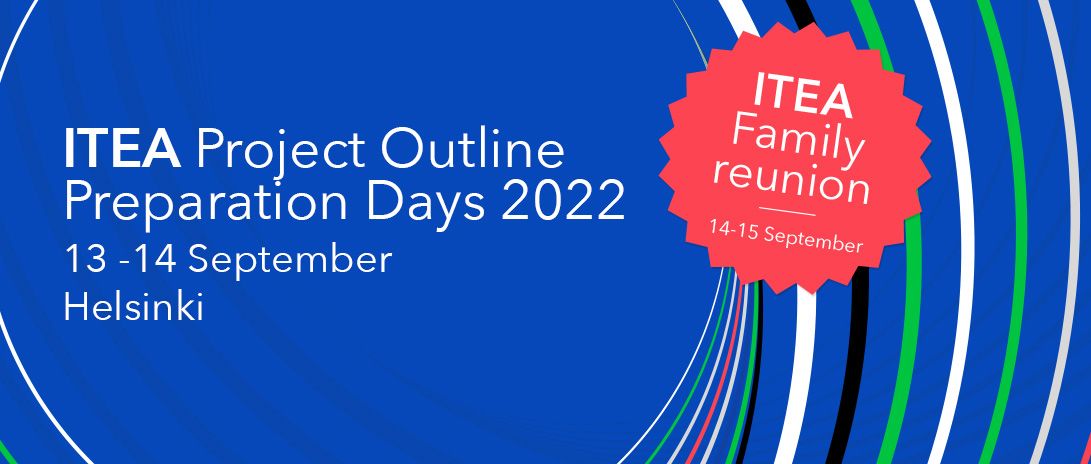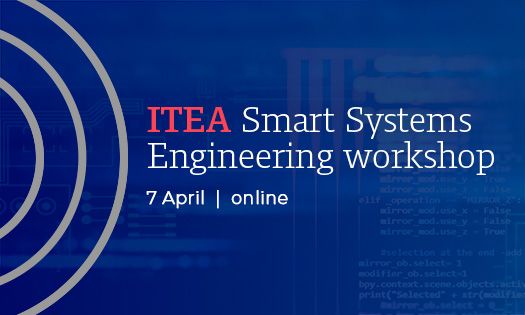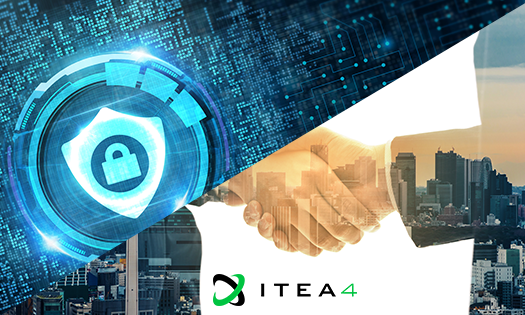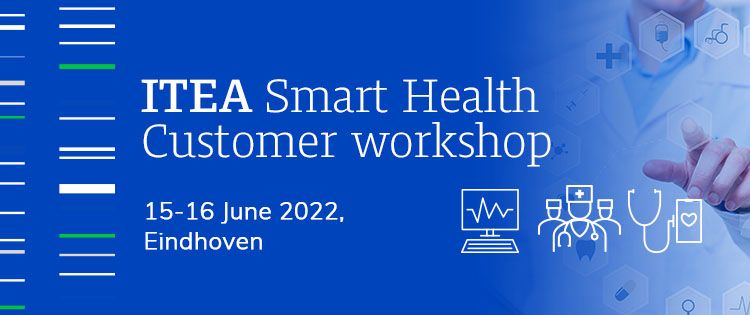

ITEA is the Eureka Cluster on software innovation and digital transition, enabling a strong international RD&I community of large industry, SMEs, research institutes, academia and user organisations to collaborate in funded research and innovation projects that turn ideas into new businesses, jobs, economic growth and benefits for society. ITEA is industry-driven and covers a wide range of innovation areas and business opportunities facilitated by digitisation, such as smart mobility, healthcare, smart cities, energy, manufacturing, engineering and safety & security. ITEA pushes important technology fields like artificial intelligence, big data, digital twin, distributed cloud and high-performance computing into concrete business applications.
With pleasure we present you the ITEA Annual Report 2022, covering the results achieved in the period January - December 2022.
ITEA in numbers
Click on the figure for more informationIntroducing the new projects
ITEA Call 2021 Projects



DAIsy
Developing AI ecosystems improving diagnosis and care of mental diseases
Project leader
ARD GROUP
(Türkiye)
Major depressive disorder (MDD) is a common psychiatric disorder, ranking as the second leading contributor of years lived with disability. Finding the right approach for individual patients remains challenging. DAIsy will develop and bring to the market AI-supported solutions for improved diagnosis, treatment selection, diet monitoring, activity tracking, support in behaviour adjustments, and treatment response assessment. Novel AI techniques will be jointly developed to advance the AI applicability for these fragile patients by advancing techniques for large data points/patient ratios, improving explainability and uncertainty quantification.



EARS
Environment Adaptive Recommendation System
Project leader
ARD GROUP
(Türkiye)
The main problem of many domains is a lack of information and guidance, as potential customers cannot be reached because there is not enough information and guidance towards the right products. The EARS project aims to bring together all parties in the value chain, creating an ecosystem, providing a new platform that fits the purposes of all parties and enabling them to collaborate. Entities such as businesses, algorithm developers, solution providers, service providers and recommendation systems are brought together to enhance their capabilities or those of others, monetising the artefacts by utilising them as a service.





EXPAI SmartIndustry
Integrating AI into smart control systems, and increasing productivity for industrial areas
Project leader
Nanosystems Co., Ltd.
(Republic of Korea)
Smart technologies are gaining higher importance while supporting Artificial Intelligence technologies that we use in our lives. The main goal of this project is to provide a flexible, controllable digital environment supported by an Explainable Artificial Intelligence digital smart platform that will collect and analyse sensor data from various resources for different domains. These will be combined in a common framework in industrial areas and the retail market. The project will present novel methods and solutions for the industrial market and real-life use-cases for exploitable solutions.




GenerIoT
Generating and Deploying Lightweight, Secure and Zero-overhead Software for Multipurpose IoT Devices
Project leader
Infineon Technologies AG
(Germany)
Distributed hardware/software systems (often interconnected via the internet) which gather information via sensors and influence the environment via actors must be up to date, especially with regard to security. Additionally, connectivity offers the opportunity to adjust in-field systems to user needs. This requires an efficient development flow enabling short development cycles. GenerIoT will provide new technologies and processing steps in order to simplify and speed up the handling of IoT software over the complete DevOps cycle. The approach proposed by GenerIoT will open new business opportunities: IoT apps.




RM4HEALTH
Remote Monitoring in Health and sports
Project leader
Philips Electronics Nederland BV
(The Netherlands)
Wearable health monitoring systems provide a big promise of allowing individuals to closely monitor changes in their vital signs and provide feedback to regain or maintain an optimal health status. The RM4Health project will accelerate innovation in electronic wearable devices. RM4HEALTH will focus on the development of open technology platforms for vital sign monitoring for these emerging fields to help them bridge ‘the Valley of Death’ in a shorter time and at a lower cost. RM4HEALTH aims to stimulate innovation in continuous monitoring in healthcare and sports.



SOCFAI
Secure Open Collaboration Framework powered by Artificial Intelligence
Project leader
TAV Technologies
(Türkiye)
The SOCFAI project focuses on airports and addresses the problems caused by the collaborative and multi-stakeholder nature of their operations. This is providing new ways to manage the operations cycle, enable real-time common situational awareness of all aspects of airport operations, optimise different core processes, enable predictive and fully integrated operations management and facilitate customer service management and orientation, all while trying to improve overall customer satisfaction levels by introducing an open-source framework equipped with technologies such as AI, Computer Vision, VR, IoT, LIDAR, etc.





SYMPHONY
Eco-system for disease specific clinical workflow and data integration
Project leader
Philips Electronics Nederland BV
(The Netherlands)
Healthcare today faces many challenges like improving patient outcome, working cost-effectively while finding a balance with growing demand, declining staff capacity and new clinical/technological developments. COVID has clearly shown the urgency for healthcare IT to ensure efficient decision-making and co-operation and a reduction of strain on the sector. The most effective way to achieve this is to unlock the full potential of the knowledge hidden within the enormous amounts of medical data generated. The objective of SYMPHONY is to create an open healthcare IT ecosystem, providing care professionals with real-time, comprehensive insights into a patient’s status and integrating all relevant information for diagnosis, treatment selection and follow-up.


TAPCOP
Traffic AI Prediction of Common Operational Picture
Project leader
Macq
(Belgium)
Authorities continuously struggle with managing and controlling traffic and crowds to prevent safety incidents and discomfort. They lack efficient solutions to prevent these problems. TAPCOP realises situational awareness and data-driven management of visitor flows, provides AI-based sensors and aggregates multiple data sources using AI to create a more reliable and complete view of the situation and predict overcrowding. TAPCOP offers a one-stop solution for multi-modal mobility management and prevention of overcrowding by personally advising visitors pre-trip, on-trip and on-site via social media, navigation systems and other mobile phone apps.


TiDiT
Timeline-Driven Digital Twin
Project leader
BITES
(Türkiye)
The current digital twin services on the market do not completely fulfil customer needs and are unable to prevent unexpected breakdowns and provide cost-effective models. Moreover, end-users have to set up every simulation using different software, which results in high costs, time and effort. By bringing together different software capabilities while fulfilling customer needs with the implementation of innovative technologies, the TiDiT project aims to create an ‘as a service’ model timeline-driven digital twin platform to enable a better decision-making process and increase situational awareness.



VESTA
Proactive protection against phishing-based ransomware
Project leader
duSoft Yazılım A.Ş.
(Türkiye)
Every year, millions of users fall victim to malware threats in various ways. The VESTA project aims to develop a European cybersecurity system to proactively protect systems against ransomware attacks. It combines multiple techniques such as AI/ML, data & knowledge extraction, anti-phishing, human behaviour analysis and sandboxing to build a multilayer ransomware attack mitigation platform capable of preventing, defending and remediating such attacks. Moreover, VESTA may also tackle the challenges related to the multi-language nature of phishing emails via collaboration between partners from different countries.
Joint Eureka Clusters Sustainability Call 2022 Projects


AgAPP-e
AgAPP-e: Agriculture’s digital Analyser of Production, for Phosphorus efficiency
Project leader
Experteam
(Türkiye)
For improved production and environmental protection, fertiliser management needs to be local or site-specific; depending on the regional metabolism, agricultural efficiency can be increased even fourfold if the flows and stocks are well-observed. Digital solutions will greatly improve the management of such essential resources, but these are currently missing, leaving the farmer without simple tools capable of providing targeted diagnoses for targeted treatments. AgAPP-e aims to automate fertiliser recommendations and thereby improve accuracy and increase the phosphorus efficiencies of a nation.



RETAILL
REtail using Technology based on Artificial InteLLigence
Project leader
Polytechnic Institute of Porto - School of Health
(Portugal)
Food waste is one of the main problems in the current food supply chain. According to the UN Sustainable Development Goals, food losses along production and supply chains must be halved by 2030. In view of this, RETAILL aims to develop an IoT and AI-powered platform that will be adaptable to most countries’ food supply chains. This system will improve the food lifecycle, ensure that food waste is valued and make logistics more efficient, thereby reducing the use of resources and increasing the profits of all actors in the value chain.




iDT4GDC
Intelligent Digital Twin Platform for Climate-Neutral Data Centres
Project leader
Innova Integra Ltd.
(United Kingdom)
Data centres are currently estimated to consume 1.5% of global electricity demand and 1% of global CO2 emissions and are projected to double both figures by 2030. Improving data centre energy use towards climate-neutrality has therefore become an important challenge that is expected to increase in importance as data centre energy needs grow. iDT4GDC aims to develop Artificial Intelligence methods that use digital twin technologies to create an AI platform to digitalise, optimise and automate data centre operations in order to manage and improve data centre energy consumption. iDT4GDC will help data centre operators and customer move towards a sustainable future guided by the five pillars of power, carbon, water, circular economy and governance.


